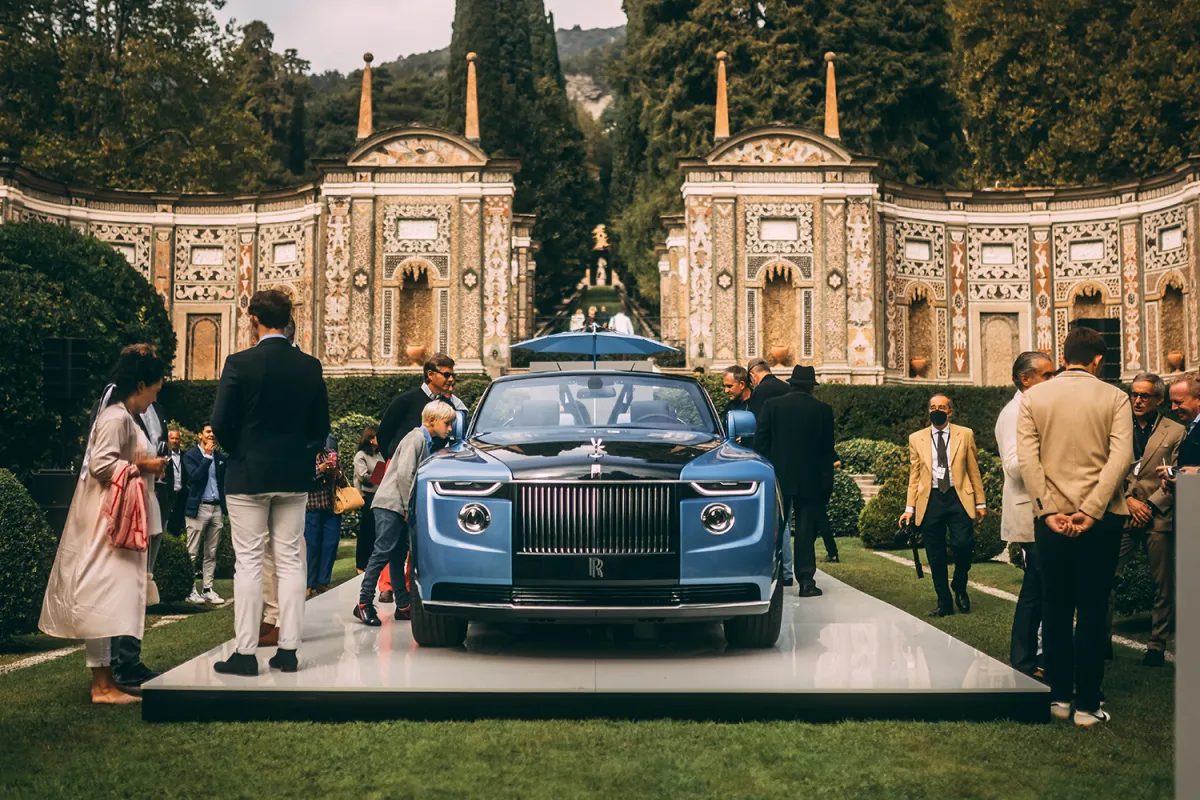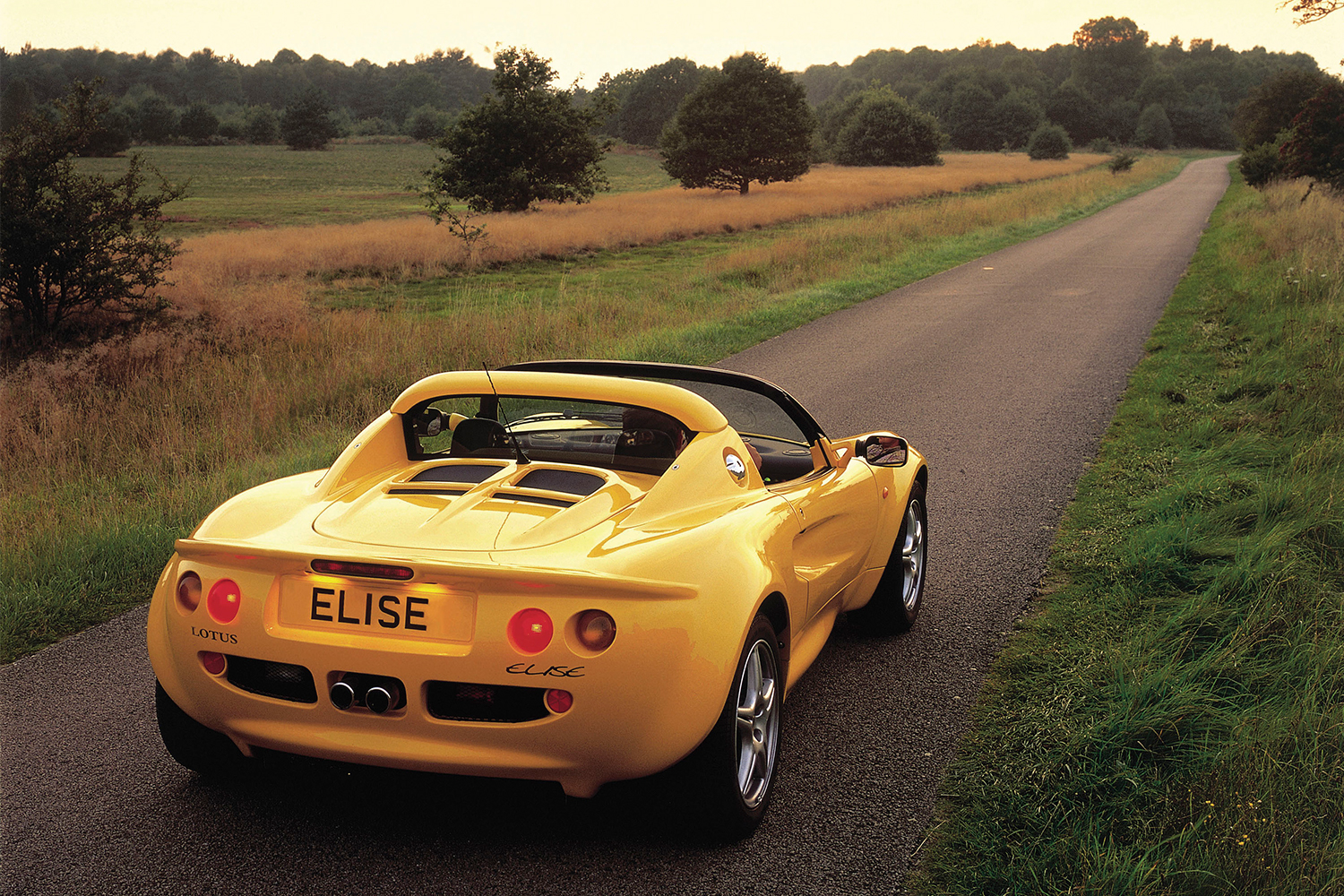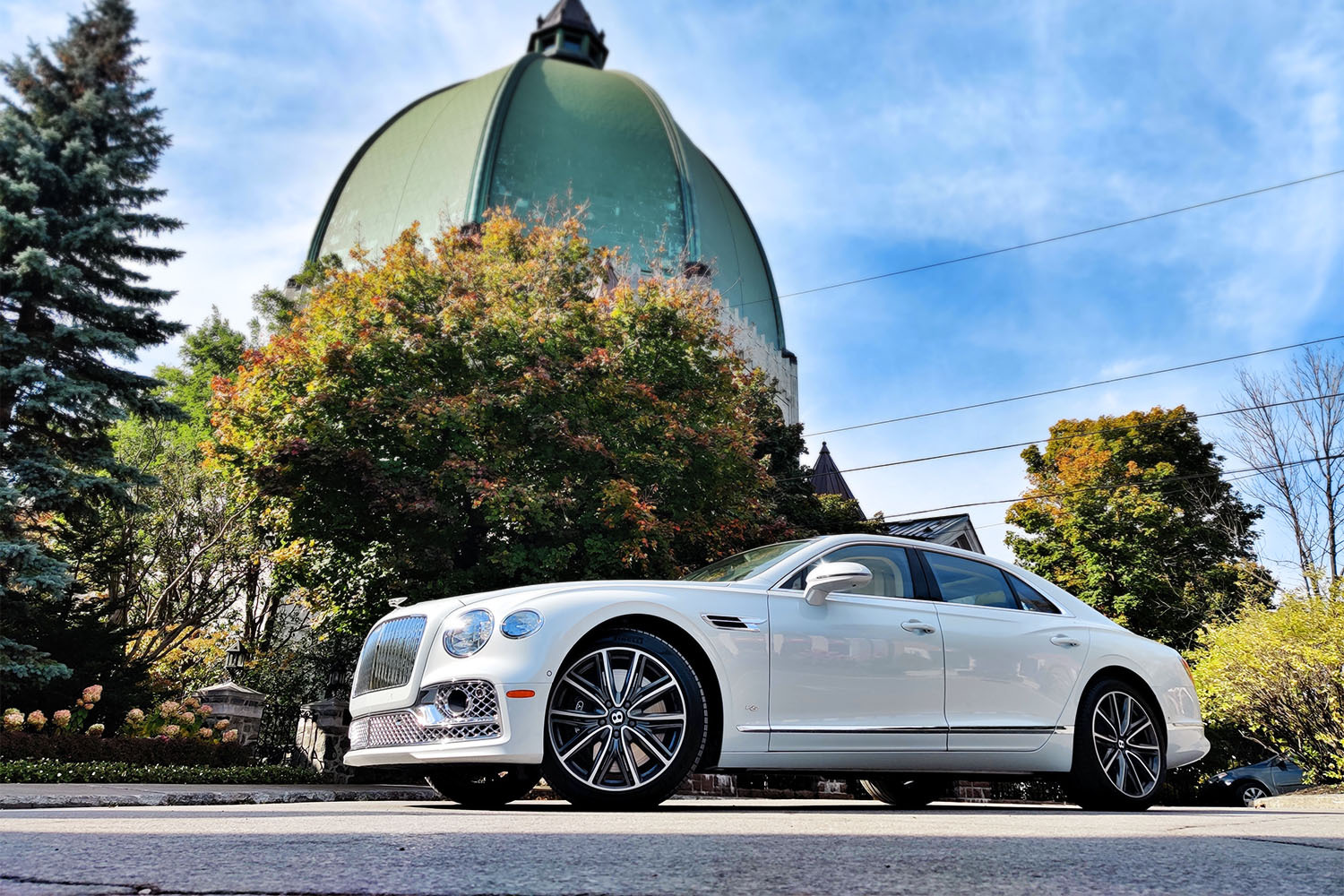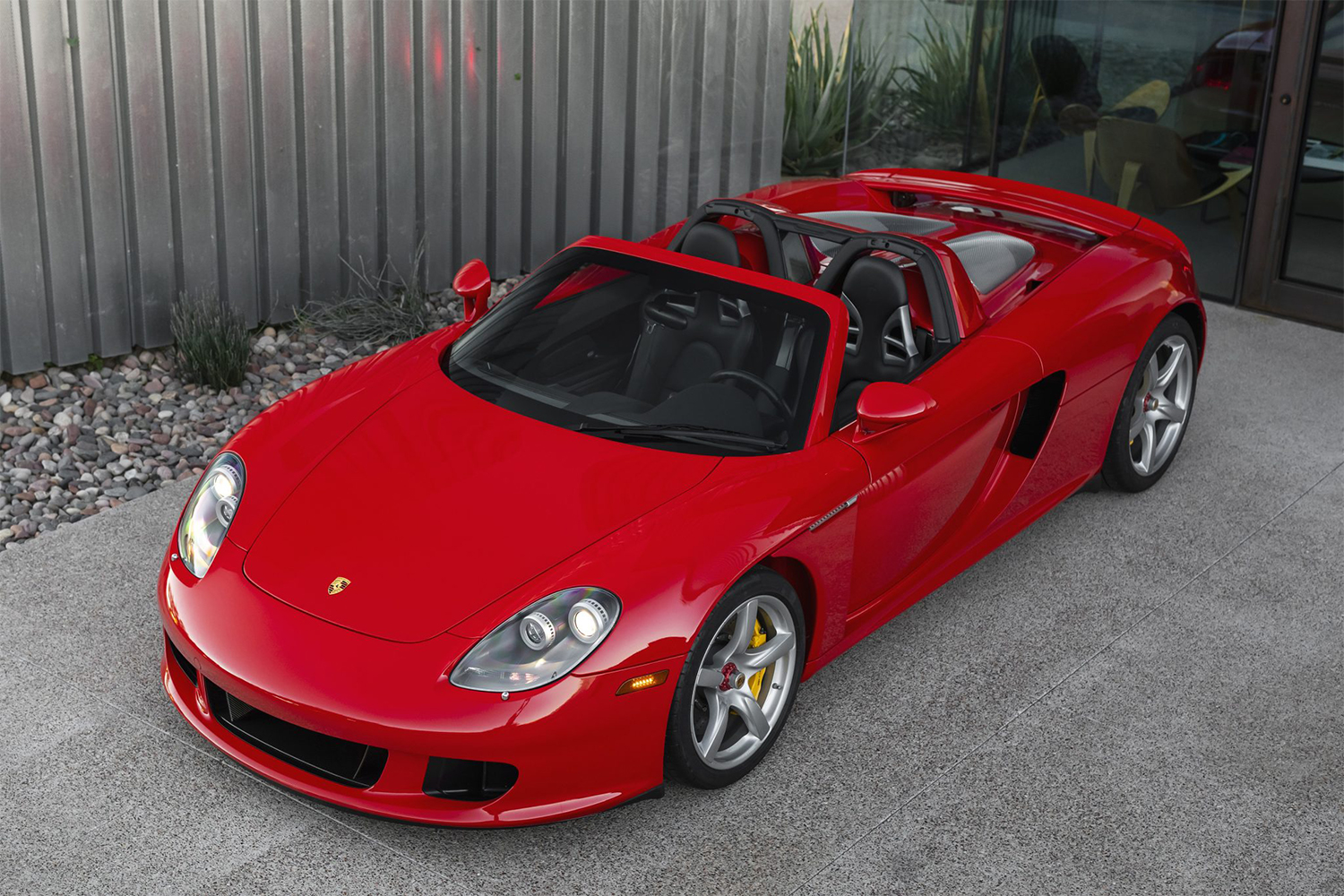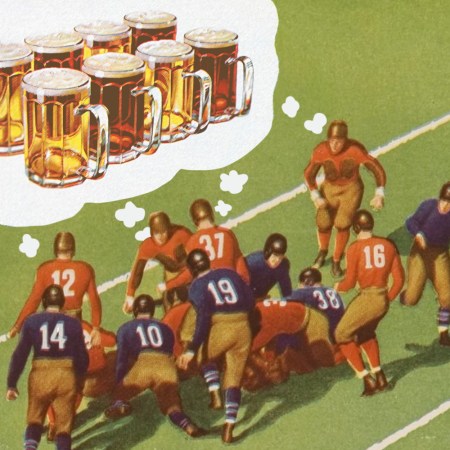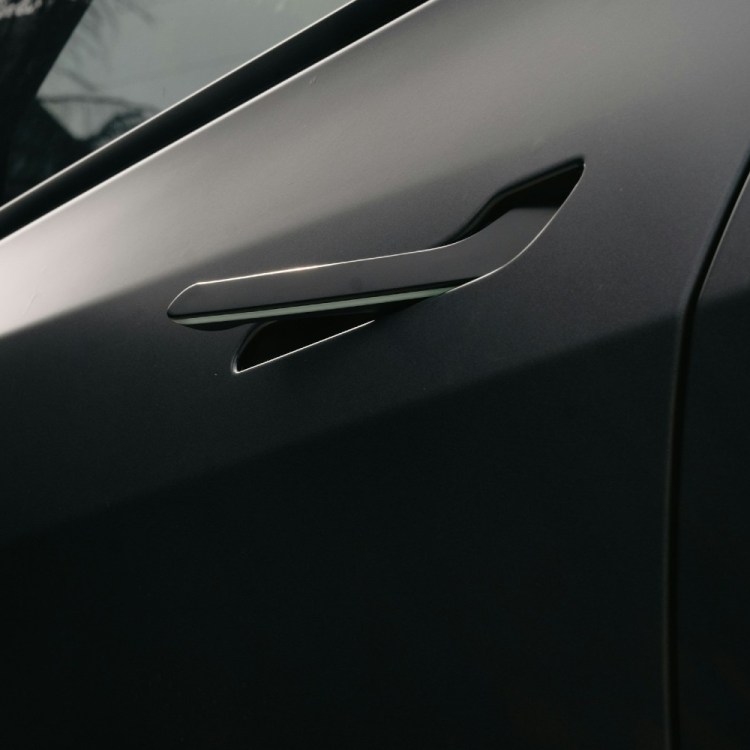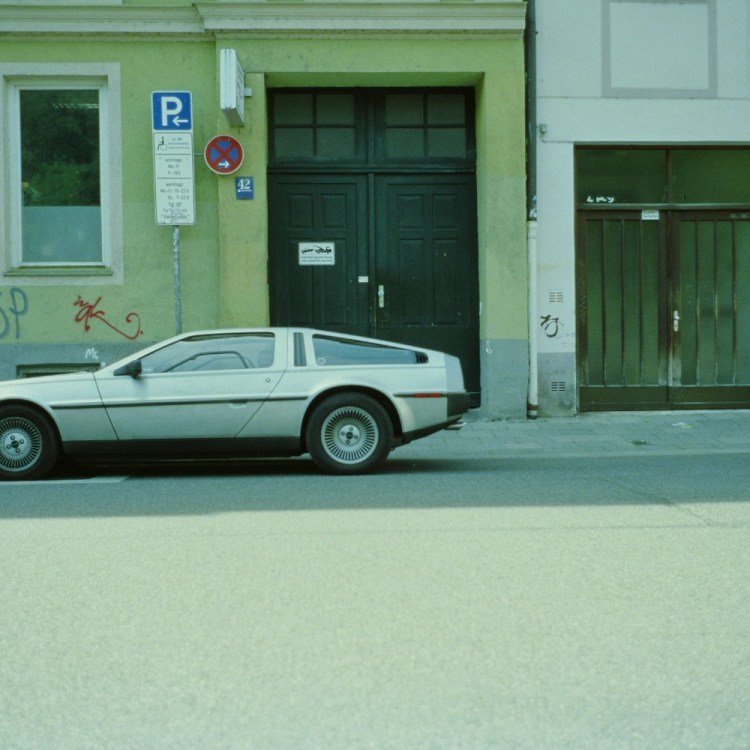When the numbers were tallied for 2021, new vehicle sales in the U.S. were up 2.5% over the first year of the pandemic. Automakers on the whole generally came out OK despite the many obstacles, but most still haven’t made it back to pre-pandemic sales numbers. The exception? Those who deal in six-figure sports cars and palaces on wheels.
While most automakers floundered last year, the luxury segment did gangbusters. As year-end sales numbers have rolled in, it’s been a deluge of record-breaking figures. Rolls-Royce Motor Cars reported a 49% increase in sales over 2020, which meant the highest sales in the company’s 117-year history. Bentley saw a 31% increase in sales over 2020, which was already a record year. In the U.S., Porsche delivered the most cars ever, beating the previous record set in 2019. Additionally, Lotus and Aston Martin had their best years in recent memory.
As a way of explaining the luxury car boom, Rolls-Royce CEO Torsten Müller-Ötvös said there is “quite a lot of wealth accumulated and that is spent into luxury goods.” In other words, while the wealthiest across the globe have largely gained wealth during the pandemic, they’re spending that windfall, at least partially, on opulent automobiles.
“I have never seen all markets worldwide on such a strong level,” Müller-Ötvös added.
While Tesla was able to overcome supply-chain problems last year by relying on their in-house technological know-how, these higher-end brands were able to succeed where larger companies failed thanks in part to their smaller production numbers. Auto giants like Ford and GM deal in millions of vehicles annually, but Rolls-Royce’s blockbuster year included just 5,586 deliveries, while Bentley delivered 14,659 and Lotus delivered 1,710.
“Given the small sales numbers, one new model, or even new versions of models, can have a huge impact on sales in the ultra-luxury market,” wrote Peter Valdes-Dapena at CNN Business. “Rolls-Royce’s sales were helped by the fact that last year was the first full year of production for the redesigned Rolls-Royce Ghost sedan.” (That would be their post-opulent car.)
It’s true that many of these marques had exciting newer vehicles, including Aston Martin’s popular DBX SUV and the electric Porsche Taycan (sales of which doubled in the U.S.), as well as outgoing models that drew buyers, like the final year of the Lotus Elise, Exige and Evora. But there’s also the fact that, with the pandemic continuing to hamper other leisure activities, wealthy buyers may see extravagant cars as a safer bet in this climate.
“Premium and luxury car sales have been growing more broadly in key global markets such as China and the United States as pandemic travel restrictions have left wealthy consumers with more disposable income,” wrote Nick Carey at Reuters.
Once travel opens back up, will luxury automakers see sales dip back down? If cruise ship homes take off, they might.
Thanks for reading InsideHook. Sign up for our daily newsletter and be in the know.
